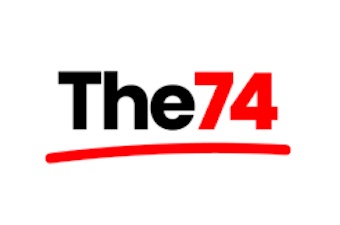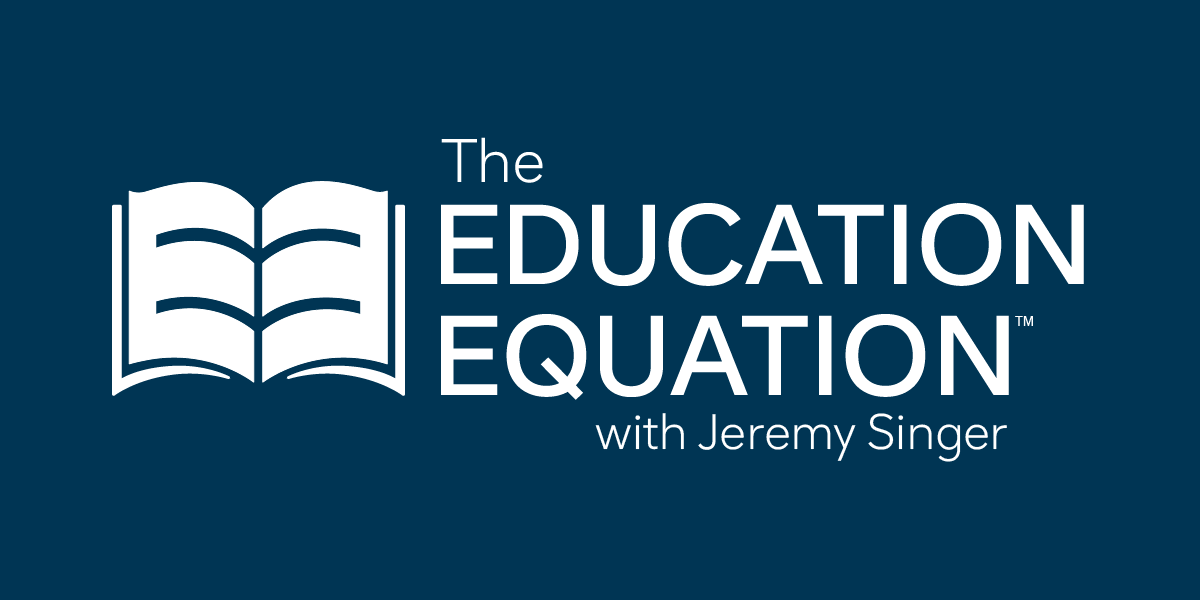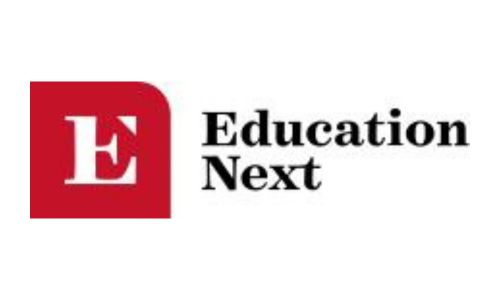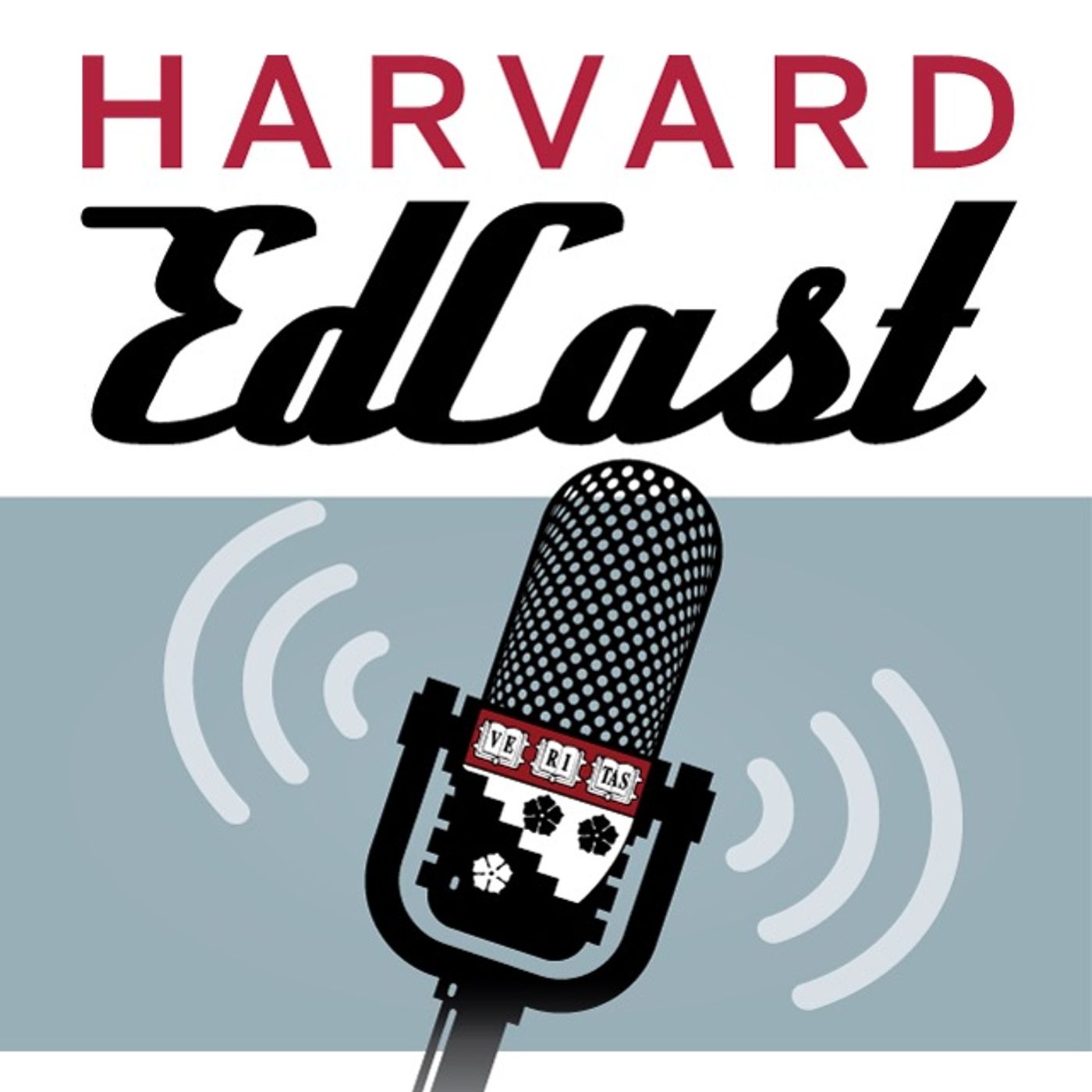What could have been a pandemic-stimulated blip is now regarded as a trend and quite possibly an emergent movement: More parents are choosing among a larger and more diverse array of options for their children’s education. The data on homeschooling, mini-pods, micro-schools, and virtual charters shows that all are experiencing significant increases in interest and enrollment. And this phenomenon seems neither a pandemic bump nor simply the result of the proliferating state policies around choice-promoting education scholarship accounts. Advocates, thought leaders, and leading practitioners are grappling with the emerging reality that more parents are actively curating the education experience of their children. And in doing so, these parents are bringing into the K–12 arena many of the same behaviors and expectations they have for the mixed-delivery system they navigate before formal school is mandated and for the market of options they pursue after high school — college, careers, military. The surge in parental “curating” presents new complications and, more importantly, new opportunities for the “school choice” controversies that have roiled education policy for decades. Beginning with this GLR Week session, CGLR will host a series of conversations into the fall that will invite a broad examination of (1) the factors, values, and realities driving the current debates; (2) the development of the major pre-pandemic options, homeschooling, charters, and open enrollment; and (3) the emerging options.
Parents as Curators of Their Children’s Education: Choice, Equity, & Accountability
By: The Campaign for Grade-Level Reading
Published on: August 6, 2025
Tags: 50CAN
More In the Media
Given the drumbeat of headlines about everything that seems to be going wrong in America, perhaps it’s an inconvenient time to point out how many things are starting to head in the right direction when it comes to American education. Yet that is ex...
In this special live episode, Jeremy Singer interviews Liz Cohen, author and VP of Policy at , as part of the College Board Forum 2025. Cohen, an expert in K-12 education, discusses her new book, . She argues convincingly that tutoring is one of the ...
A whitepaper was published earlier this year by five researchers from five universities called “A Framework for Evaluating and Reforming School Vouchers.” It’s fair to ask critical questions about recent private-school choice bills. But this pa...
In the wake of the pandemic, tutoring has become a central strategy for helping students recover academically but not all tutoring is created equal. Liz Cohen, vice president of policy at 50CAN, has been closely studying the rapid rise of tutoring pr...
As U.S. public schools emerged from the COVID-19 pandemic, longtime education policy wonk Liz Cohen saw that in many places, educators were finally taking tutoring seriously.
“There’s a road map out there from states like Louisiana and Tennessee, focused on high-dosage tutoring, high-quality curriculum and clear information for parents on where their kids stand,” said Marc Porter Magee, chief executive of 50CAN, an ...







